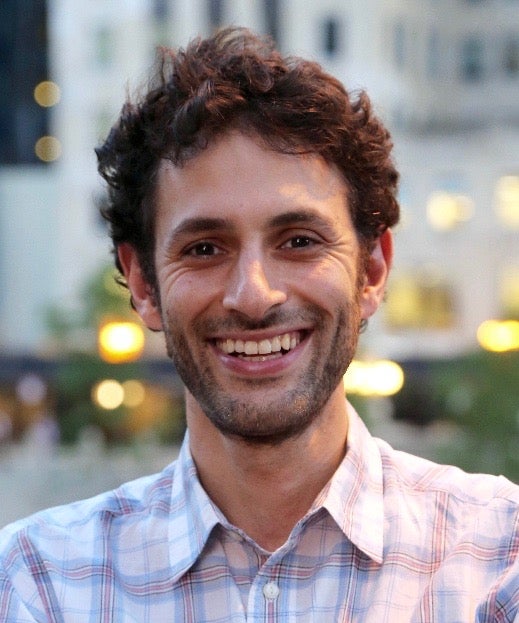Information Science
Information Science 2 Heading link

Dr. Shana Fox is the co-founder and Chief Operating Officer of The Bellwether Group, an information technology firm based in Millersville, MD that specializes in artificial intelligence, machine learning, data science and edge computing for a variety of mission spaces, including the US Department of Defense. Dr. Fox specializes in behavioral analytics and focuses on the human expressions of motivation and identity in digital representation. For more on Dr. Fox’s unique interests and experiences, see her profile.
Dr. Fox will serve as a mentor in the ERTC and work with students remotely. Research projects will address two fundamental questions:
- How do you know that a persona on a network is a person? What are behaviors that are really hard to fake? There are two sides to this research problem: first, detecting a synthetic persona, and second, creating a synthetic persona. This research begins with understanding human nature, with respect to how the quirks of a person manifest themselves in network data, and ends with the creation of a prototype that can differentiate between a human and a synthetic persona based solely on network based behaviors.
- Given IP and network data, how can you create a profile of the user? For example, on a network there is traffic that can be categorized into pattern of life and personality indicators that can be categorized (e.g. female in her mid-thirties, proficient in technology, right-handed, educated, . . .), and predictions made about how that person will behave. From an insider threat perspective, can we create an expected profile of the person on the network and identify risky behaviors that might become a vulnerability to that organization?
Information Science 1 Heading link

Dr. Rigel Gjomemo is a Research Assistant Professor in the Department of Computer Science within the College of Engineering, and a member of the Systems and Internet Security Laboratory at UIC. Dr. Gjomemo’s work is concerned with computer and mobile security, safe compiler optimization, access control models and description logic applied to access control. Dr. Gjomemo is currently working in the Washington, DC area and will work with students remotely on their research projects.
Dr. Gjomemo’s research program within the ERTC will address the following two areas:
- Techniques for the Detection of Advanced Persistent Threats (APTs): Students working in this area will work on building novel techniques for detecting APTs, especially lateral movement in APTs, which describes the techniques used by hackers to move to new computers inside a network after having compromised the inital computer by which entry into the network was made. Students should be comfortable with coding in C++.
- Security Analysis and Automatic Exploit Generation for Web Applications: The goal of research in this area is to design and implement novel techniques for detecting vulnerabilities and automatically building exploits for PHP applications, which comprise approximately 90% of the current web applications. The project is currently funded by DARPA and it is based on an existing working system, which has found several zero-day exploits in popular PHP applications. Students should be familiar with programming in Python, and comfortable with learning about the design of web applications, graph databases, SQL, and PHP. Knowledge of program analysis techniques, such as symbolic execution and dynamic analysis, will also be helpful.
Information Science 3 Heading link

Dr. Lev Reyzin is an Associate Professor in the Department of Mathematics, Statistics and Computer Science at UIC, and is part of the Mathematical Computer Science and Theoretical Computer Science groups, and the Foundations of Data Science Institute. Dr. Reyzin’s research program focuses on the theory and practice of machine learning, network and data science, and optimization.
Students working in Dr. Reyzin’s group may choose from a variety of different research directions, including:
- Development of mathematical theories that explain why certain algorithms perform well on real-world data
- Understanding new techniques for measuring the spread of information or “contagion” through networks such as Twitter
- Experimentally testing combinatorial conjectures that have implications for data analysis
Students wishing to pursue these areas of research with Dr. Reyzin will ideally be Mathematical Computer Science majors, or be studying a closely related field, and have an interest in algorithms and related topics.
The opportunity also exists for students with more extensive backgrounds to explore these research problems in greater depth. Ideally, students will have a familiarity proofs (such as from MATH 215) and an ability to program (such as from MCS 260 / MCS 275). An understanding of algorithms or complexity (at the level of MCS 360) is also beneficial, as completion or current enrollment in MCS 401 and/or MCS 441.